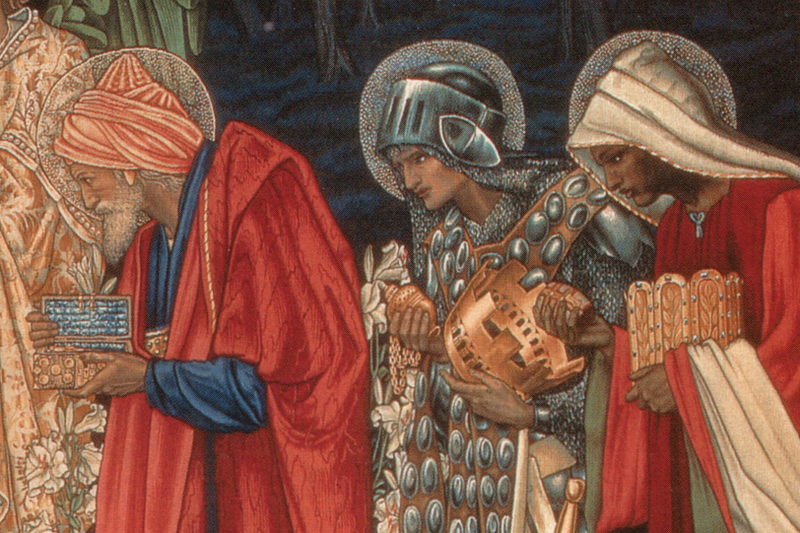Epiphany reflection on Three Kings Day, and the gifts of the Magi while visiting the Messiah
Without the quest, there can be no epiphany. ― Constantine E. Scaros A great epiphany: I found out that I’m totally confused and I’m good with that. I’m consistently inconsistent. I’m all of the above. I’m OK. I’m a work in progress.— Ronnie Dunn Gratitude bestows reverence, allowing us to encounter everyday epiphanies, those transcendent […]

